Loneliness, grief, and depression don’t keep business hours – and neither do we. Founded more than 50 years ago, Institute on Aging’s Friendship Line is the nation’s only accredited 24-hour toll-free emotional support line for older adults, seniors, caregivers, and adults with disabilities.
We’re here to do more than answer the phone. We connect with aging adults and their caregivers so they feel seen, heard, and understood during life’s most difficult moments. Whether you’re experiencing anxiety, loss, suicidal thoughts, or simply need someone to talk to, our trained staff and volunteers are here to listen, support, and help you feel less alone. Because everyone could use a friend.
To receive outbound calls from the Friendship Line, fill out the intake form.
Life can feel overwhelming – especially as we age, cope with loss, or care for others. The Friendship Line is a free, confidential helpline, senior emotional support line in California, designed specifically for adults aged 60+ and adults living with disabilities.
We’re here to support you when you are:
You don’t have to be in crisis to call. Sometimes, just having someone to talk to makes all the difference.
Just call. No appointment. No application. No pressure.
The Friendship Line was created to challenge the idea that aging means isolation, and to provide warm, personal advice without bureaucratic restraints. We offer connection to those who need emotional support and welcome them into our extended community.
Every call is answered by a trained team member – whether it’s 2 p.m. or 2 a.m. We’re here because we know connection saves lives.
The Friendship Line is more than just a phone call – it’s a comprehensive, culturally inclusive emotional support program rooted in dignity, compassion, and connection. If you or a loved one needs more support, we can connect you with additional resources through Institute on Aging’s integrated programs.
In addition to English, we also offer support in:
Our multilingual team ensures that no caller is left unheard, regardless of their background or language preference.
Whether you’re calling for yourself or someone you care about, you’ll find a supportive, judgment-free space with us.
The Institute on Aging’s Friendship Line offers free grief support through our Center for Elderly Suicide Prevention and Grief Services.
These support groups help combat isolation, promote healing, and create space for shared understanding. For more information, email connect@ioaging.org, or call 415.750.4111 and ask about our grief services. Your inquiry will be handled in a confidential and sensitive manner.
Founded in 1973 by Dr. Patrick Arbore, the Friendship Line was born as part of Institute on Aging’s commitment to one powerful truth:
“Connection to others binds us to life.”
Today, the Friendship Line responds to more than 11,000 calls every month, in eight different languages, providing comfort and support to aging adults throughout California. The line is accredited by the American Association of Suicidology and is part of IOA’s Center for Elderly Suicide Prevention and Grief-Related Services, one of California’s leading senior mental health services.
Part of Institute on Aging’s Mission-Driven Approach
As a nonprofit, Institute on Aging provides the Friendship Line free of charge, with no other agenda other than helping people feel less alone where and when it’s needed most. The Friendship Line isn’t a standalone service and reflects IOA’s deep commitment to emotional wellness and social connection across all stages of aging.
This program serving the community is funded in part by:


In 2023, U.S. Surgeon General Vivek Murthy declared loneliness and social isolation a national “epidemic”. His report noted that the mortality impact of loneliness is equivalent to smoking 15 cigarettes a day – a greater risk than obesity or sedentary living. And this awareness keeps going – in 2024, San Mateo County became the first in the U.S. to declare loneliness a “public health emergency.”
The Friendship Line helps people forge life-changing connections. From a brief text exchange to a more in-depth phone call, Friendship Line callers consistently report a more positive outlook following their interactions.
Want to make a difference in someone’s life – just by listening?
Become a Friendship Line Volunteer and bring light to someone’s darkest day.
For volunteer or intern opportunities, contact: flvolunteer@ioaging.org
If you or someone you know is struggling with loneliness, grief, or emotional distress, don’t wait. Pick up the phone. California’s only 24/7 senior emotional support line — the Friendship Line by Institute on Aging. Because no one should face aging – or caregiving – alone.
24/7 Toll-Free in California: 888.670.1360